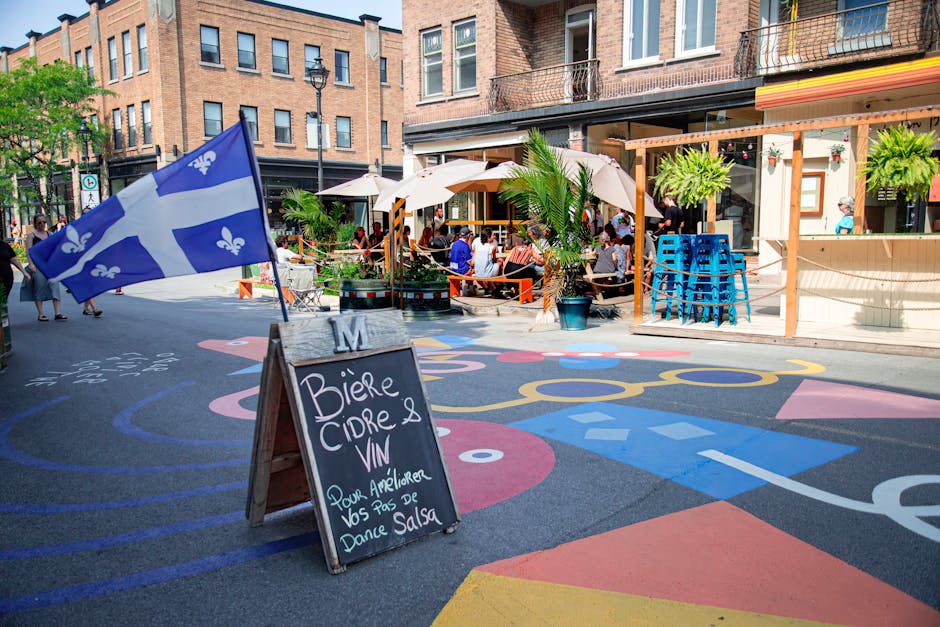Tourism, a global phenomenon, often conjures images of bustling destinations and vibrant experiences. However, its influence extends far beyond the immediate tourist sphere, impacting local communities in myriad ways. A well-managed tourism sector can provide substantial benefits, fostering economic growth, cultural preservation, and social progress. This article delves into the multifaceted advantages tourism can bring to the communities it touches.
A primary advantage of responsible tourism lies in its economic stimulation. Local businesses, from small shops to restaurants and accommodations, can thrive through increased customer traffic. Tourism often generates a cascade effect, bolstering related industries like transportation, hospitality, and entertainment. This creates a broader economic engine, generating employment opportunities across various levels. Jobs in the tourism sector span a diverse spectrum, from skilled artisans and chefs to customer service representatives and tour guides. This creates an avenue for skill development and economic empowerment, enabling community members to participate in a vital part of the local economy. This injection of income also improves access to essential services and infrastructure.
Beyond immediate economic gains, a significant benefit of tourism is its potential to foster cultural exchange and preservation. Communities with rich histories and traditions can use tourism as a vehicle to share their heritage with the world. This can range from showcasing local crafts and cuisine to presenting historical narratives and cultural performances. Tourists, in turn, gain a deeper appreciation for diverse cultures, facilitating understanding and respect across boundaries. However, a crucial aspect of this aspect is ensuring that cultural preservation is genuinely valued and protected, avoiding commercialization that could diminish the authentic essence of the culture. For instance, local artisans can sell their wares directly to tourists, preserving traditional skills and maintaining their economic livelihoods. Tourism can provide funding for initiatives like the restoration of historic buildings, supporting local museums, and maintaining cultural sites. Properly implemented, tourism can safeguard these invaluable aspects of a community’s identity.
Tourism can also lead to social progress and improved quality of life for community members. Often, the influx of visitors brings with it a need for improved infrastructure, like transportation systems, sanitation facilities, and public spaces. This proactive development often benefits everyone in the community, enhancing their daily lives and creating a more inclusive environment. Further, tourism can provide education opportunities, such as training programmes for hospitality professionals, developing skills and fostering entrepreneurship. A boost in income can translate into better access to healthcare, education, and improved living conditions for residents.
However, the positive impact of tourism is contingent on careful planning and responsible practices. One crucial factor is sustainable development, which focuses on balancing economic benefits with environmental protection and cultural preservation. Tourism projects should take into account the carrying capacity of the environment and local resources. This involves reducing the environmental impact, minimizing waste, and promoting responsible consumption patterns amongst tourists. In addition, local communities must have a voice in shaping tourism initiatives. This entails ensuring their cultural heritage is not exploited or commodified and that their traditional practices are respected. Engaging residents in the planning and execution phases of tourism projects empowers them, fostering a sense of ownership and participation in the tourism economy.
Another important element of responsible tourism is ethical conduct. Tourists are encouraged to respect the local customs and traditions, showing sensitivity and cultural awareness. This includes adopting appropriate dress codes when visiting religious sites, or being mindful of the cultural significance of certain places and events. Local communities play a key role in educating tourists about appropriate behavior and promoting cultural sensitivity. This collaborative effort fosters mutual respect and understanding between tourists and locals, enriching the experience for everyone.
Further, equitable distribution of tourism benefits is crucial. Tourism should not only enrich the lives of business owners and entrepreneurs but also create opportunities for everyone within the community. Addressing existing inequalities and promoting economic empowerment through targeted training and support for vulnerable groups is essential. Implementing fair wage policies and ensuring decent working conditions in the tourism sector are vital to ensuring the long-term sustainability and equity of the tourism economy.
Ultimately, tourism’s potential to benefit local communities is substantial, provided it is approached with careful consideration and a commitment to sustainability. Strategic planning, community engagement, and ethical practices are essential components of successful tourism development. By prioritizing sustainable tourism, incorporating cultural preservation, and ensuring equitable distribution of benefits, communities can harness the transformative power of tourism to foster economic prosperity, preserve cultural heritage, and improve the overall quality of life for all residents. The benefits, indeed, extend beyond the immediate economic gain, shaping the lives of generations to come.






